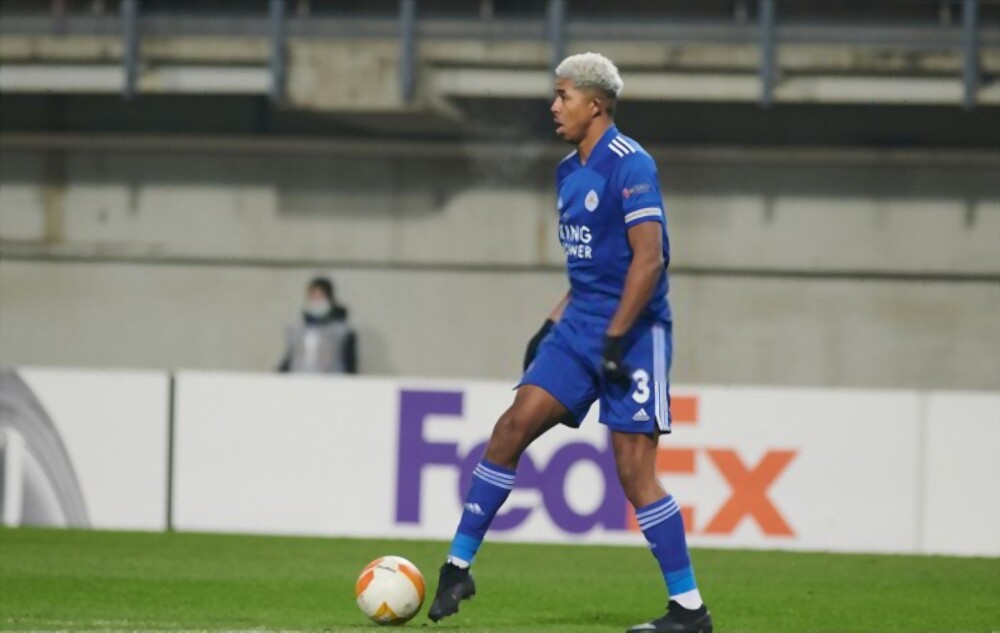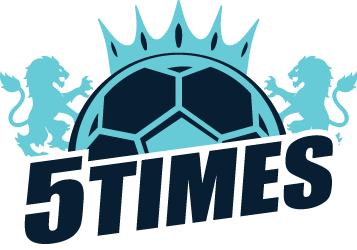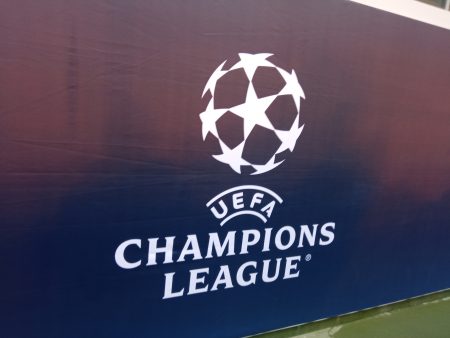
The return of Wesley Fofana has had an impact on Chelsea, and Graham Potter’s decision to adapt to a back three has laid the groundwork for Chelsea’s recent development, but it is also a team issue.
The £75 million centre-back from Leicester has been injured for the majority of the season, but after Thiago Silva was forced out against Tottenham last month, he was brought back into the starting lineup off the bench. Since then, he’s kicked off every game.
Chelsea defeated Leeds, Borussia Dortmund, and Fofana’s previous team Leicester in the first three of those matches, and they likely would have defeated Everton in the fourth had he not been substituted in the last minutes due to what Potter called “fatigue.”
In that 2-2 tie, Everton’s balance came from the exact same spot that Fofana had been in two minutes earlier. Trevoh Chalobah, his replacement, had dragged the ball too far outside and Kalidou Koulibaly had been left open and unable to stop Ellis Simms in the chaos.
Koulibaly attracted harsh criticism for how easily Simms outplayed him, but it’s important to note that Opta claims that was the only time he was dribbled past during the game. The absence of Fofana as a source of safety was his dilemma. After receiving his first senior international call-up following that match, the 22-year-old had to be removed from the France squad; nevertheless, Chelsea is hopeful that he will be fit to play against Aston Villa on Saturday.
With Fofana starting, Chelsea has a record of six victories from eight games this season, compared to only nine wins from 29 games without him, including the four outings he made before sustaining his knee injury in October.
Although many Chelsea supporters are still somewhat hesitant about him due to his ongoing injury issues, “You don’t know how terrific this kid is yet,” recently joked Leicester supporter Gary Lineker.
After Fofana made his first appearance in five months and scored the lone goal in the 1-0 triumph over Leeds at Stamford Bridge earlier this month, Chelsea’s boss declared, “We’ve missed Wesley. He defends large areas with toughness, which allows us to raise our line of defence a little because of his quickness in recovering. He can attack the ball in the box well.”










